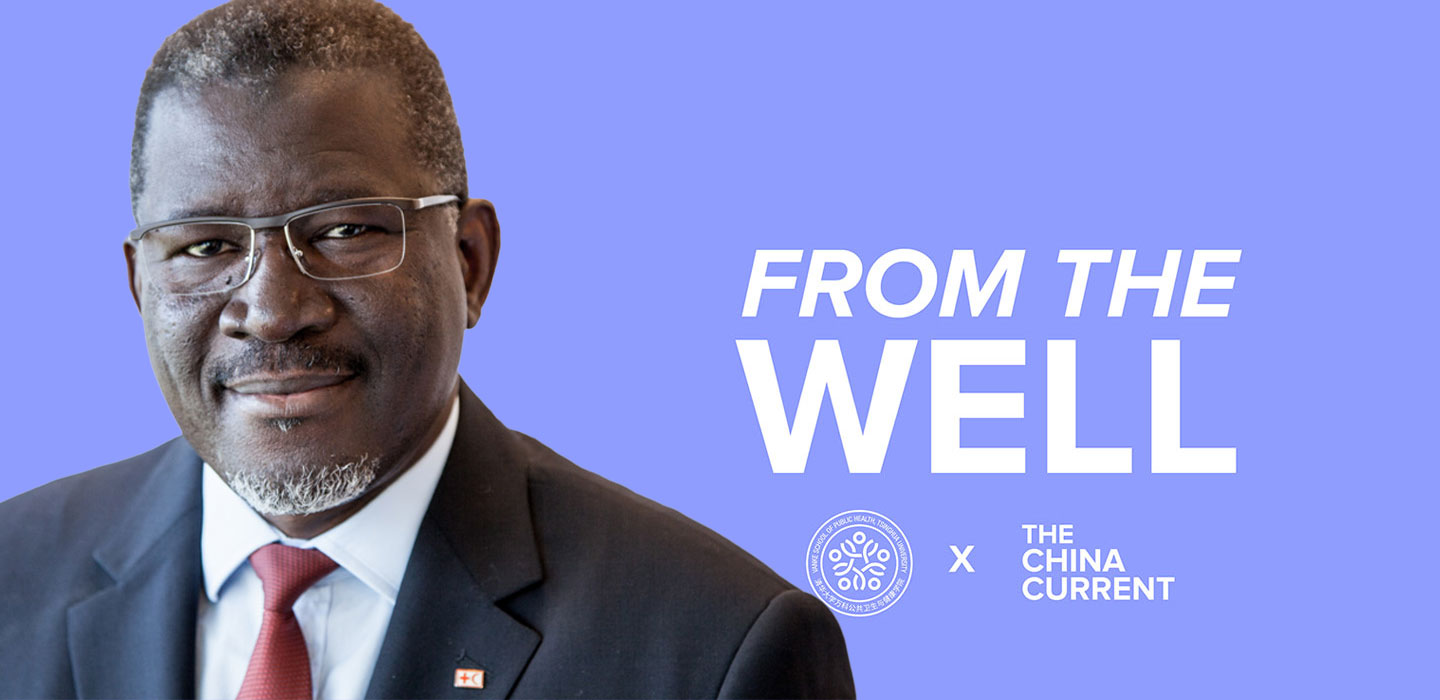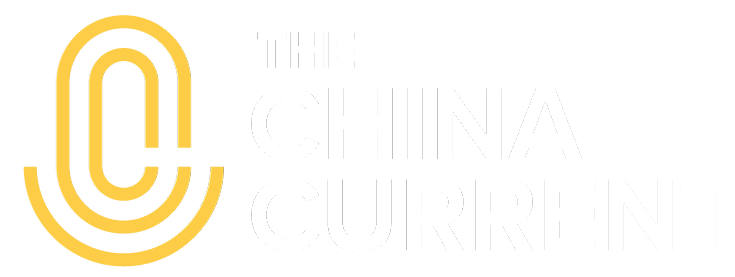為甚麼我們如此聰明可以預測一些事情,卻沒有那麼聰明去阻止它發生?
2019 年 9 月,您挺身而出警告世界:一場大流行疫情即將來臨。
幾周後,當這一警告成為現實時,您有什麼感受?
在某些時候,你真的不會因為預言準確而感到驕傲。我們問自己,我們也會想,為什麼我們這麼聰明,可以預測一些事情,而我們卻不那麼聰明,不能防止它的發生?
答案在於對科學和數據的信念,並將這種信念轉化為願景,激勵人們行動。
你發出那個警告時,我人在紐約。
您認為是什麼阻礙了我們傾聽?是人類的傲慢嗎?
人們無法對沒有經歷過的事情採取行動。
他們或多或少都不相信會發生。
正如你所說,這也是傲慢。
這就是為甚麼我們呼籲積極的公民意識,讓領導人對他們作出的承諾負責,而且我們都必須謙虛,這種謙卑應該驅使我們盡早採取行動,然後盡早作出反應。
您不僅預告疫情快將到來,而且當來到我們身邊時,將造成人命的損失,顛覆主要經濟體,並造成社會混亂。
我的問題是,一年半過去了,最糟糕的情況出現了嗎?
我們已經看到了很糟糕的情況,最壞的情況將基本取決於我們的行動力。
面對衝擊和危險時,人類並非無能為力。我們永遠都會面對其中的一些。
但是,如果我們及早發出警告,並盡快行動,留下了復原力和抵禦下一次衝擊的能力,就能夠應對未來的衝擊和危險。
你是(聯合國前秘書長)科菲·安南基金會的主席。這項工作對你有甚麼意義,尤其在安南先生去世後不久,您就接過這個角色?
James,一個人不能「取代」安南,也不能「繼承」安南,你只能追隨他。
我應該感謝他家人和同伴的慷慨,讓我有這個榮幸,同時我也感受到肩上的重任,要努力將他的精神發揚光大。
建設一個更公平和更公正的世界,這就是基金會所代表的意義。
您在塞內加爾長大,有哪些早期經歷為您的公共服務生涯提供了幫助?
開始時,我見證了許多人的苦難,親眼目睹何謂幾乎一無所有。我有幸得到眷顧,身邊有很多出色的人,包括我的母親。
之後我非常幸運地進入公立學校、公立大學,甚至受益於政府獎學金。在那之後,很自然地會有一種回報和服務社會的念頭,我很感激能夠做一點小事來回饋。
Why are we so smart to predict something? And yet we are not so smart to prevent it from happening?
In September 2019, you stood up and warned the world that a pandemic was on the way. How did you feel when just weeks later that warning came true?
There are certain times when you really are not very proud to be right. We ask ourselves, and we will wonder, why are we so smart to predict something, and yet we are not so smart to prevent it from happening? The answer lies in belief in science and data, and to translate that belief into a vision, a vision that will incentivize action.
I was in the room in New York when you made that warning. What is it that prevents us from listening? Is it human arrogance?
A human inability again to act on something that we have not experienced first-hand. It is also denial to a certain degree. It is also arrogance, as you rightly say. And that is the reason why we also call for active citizenship, to hold leaders accountable to promises that they make, and again we all have to be humble, and that humility should drive us to act early... then to respond early.
You not only said that a pandemic was already on the way, but when it arrives and touches us, it will cause loss of human lives, upend major economies, and also create social chaos. My question is, a year and a half on, have we seen the worst yet?
We've seen the bad and the worst will depend pretty much on our ability to act.
We are not so helpless in the face of shocks and hazards. We will always be confronted with some of them. But if we warned early, and that early warning is followed by early action, and if that early action is leaving behind a resilience and the capacity to withstand the next shock around, then we will be able to manage those shocks and hazards that will be coming our way.
You serve as the chair of the Kofi Annan Foundation. What does that work mean to you, especially given that you took over this role from Mr Annan so soon after his passing?
James, one does not “replace” Kofi Annan and one does not “succeed” Kofi Annan... you just come after him. And I owe it to the generosity of his family, the generosity of his companions, to have the privilege but at the same time to feel the heavy burden on my shoulders, to try to carry his legacy forward. The legacy for a fairer world and a more just world, and that's what the foundation stands for.
Growing up in Senegal, what were some of the early experiences that paved your journey to a life in public service?
The journey starts with simply being a witness of a lot of human suffering, seeing with naked eyes what it means to have very little, and having the privilege to be cared for, and being surrounded by wonderful people including my own mother.
Having the great luck and privilege to go to a public school, to a public university, and benefiting even from a government scholarship. It is quite natural after that to have the feeling to want to give back and wanting to serve, and I'm so grateful that I'm able to do that in my small little way... to give back.

